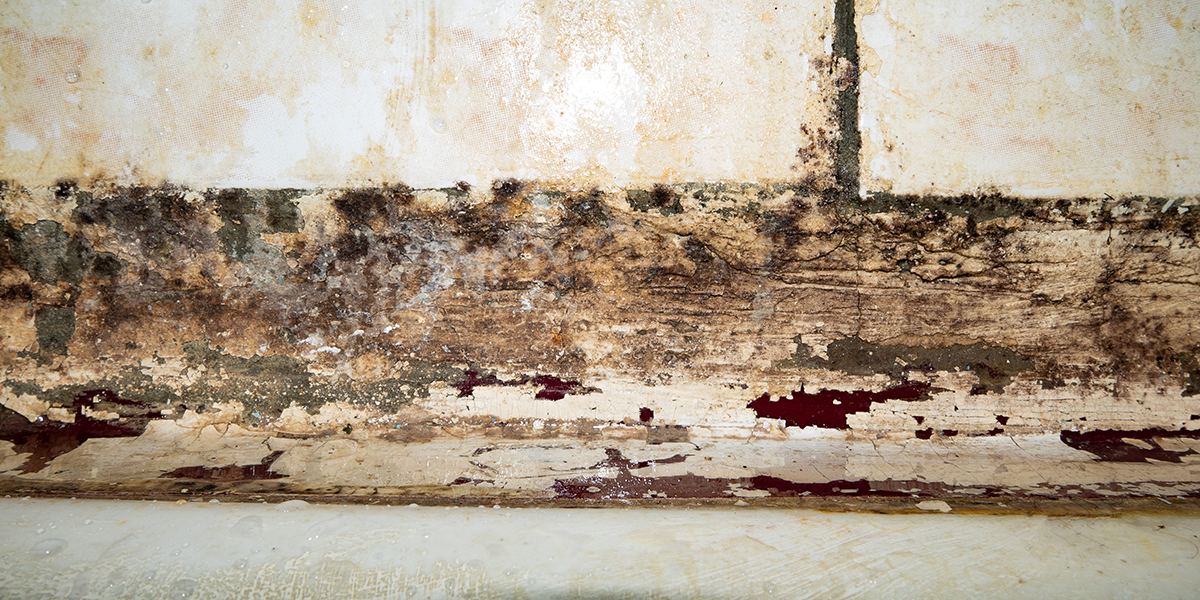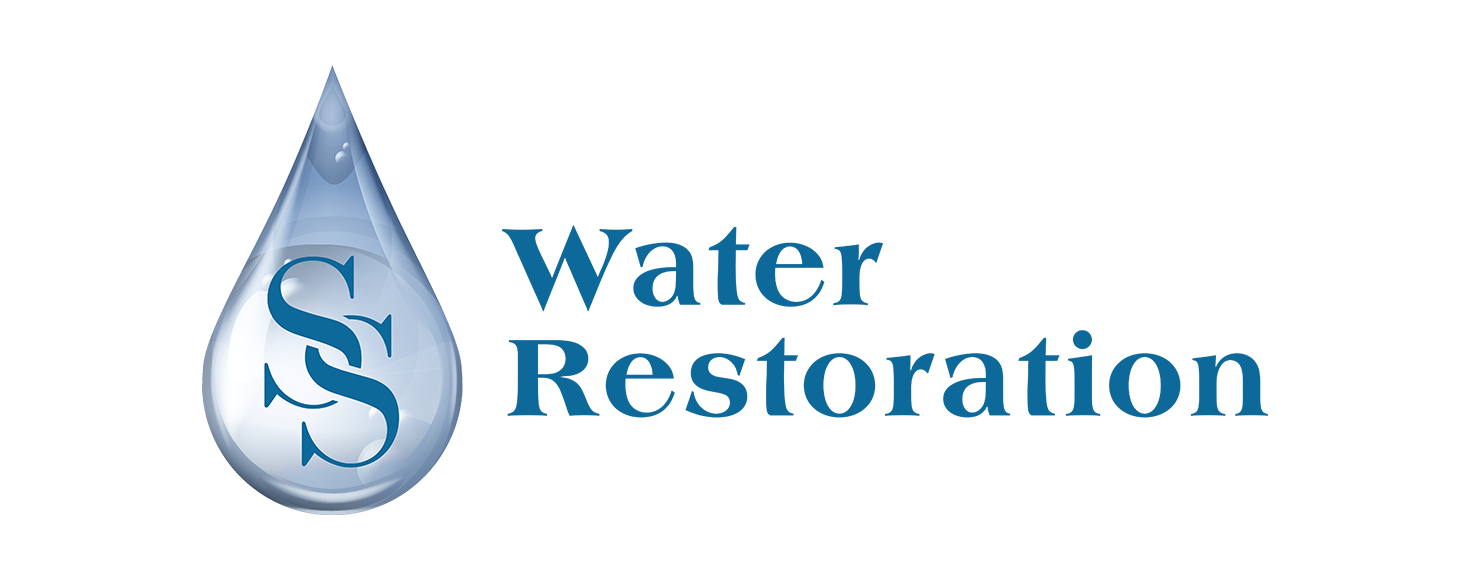Cost-Effective Damage Restoration Services to Handle Severe Water Issues
Cost-Effective Damage Restoration Services to Handle Severe Water Issues
Blog Article
The Refine of Water Damage Cleanup: Ensuring Your Home Is Restored Successfully
Water damages can be a difficult difficulty for property owners, demanding a organized and precise cleaning procedure to restore security and functionality. damage restoration services. Following this, efficient water removal strategies play a pivotal function in minimizing further damage.
Examining the Damage
Upon discovering water damage, the primary step is to thoroughly examine the level of the influence. This initial analysis is crucial, as it helps identify the needed actions for reliable cleaning and reconstruction. Begin by inspecting the affected areas, including walls, ceilings, floors, and individual valuables, to determine the resource of the water invasion, whether from flooding, leakages, or condensation.
Recording the damage is necessary for both insurance policy cases and preparing repair initiatives - damage restoration services. Usage photos and written notes to capture the intensity of the damage, noting any damaged architectural components and products. Pay special attention to areas that might not be promptly noticeable, such as behind walls and under rugs, as hidden dampness can cause additional difficulties, including mold development
Furthermore, examine the timeline of the water exposure. The longer the products continue to be wet, the higher the potential for damage. Comprehending the duration of direct exposure will inform the urgency of removal efforts. Eventually, an extensive assessment lays the foundation for an effective water damages clean-up process, making sure that all affected areas are dealt with efficiently and extensively.
Water Removal Strategies

Professionals usually utilize submersible pumps for larger quantities of water, which can rapidly reduce flooding in basements or various other impacted locations. For smaller sized quantities, wet/dry vacuums are often used to draw out residual moisture from carpetings and hard surfaces. Furthermore, making use of mobile extractors allows for targeted removal in confined spaces or areas with delicate materials.
In instances of contaminated water, such as sewage or floodwater, progressed extraction techniques might include the usage of biohazard devices to guarantee security and compliance with health and wellness guidelines. High-powered extraction devices are crucial in decreasing water retention in architectural materials, which can result in mold and mildew growth and architectural deterioration otherwise attended to promptly.
Inevitably, the performance of water extraction methods plays a crucial function in the total success of the water damage clean-up procedure, preparing for succeeding repair initiatives.
Drying and Dehumidification
Once standing water has been properly extracted, the next important stage in the water damages cleaning process is drying out and dehumidification. This action is vital to avoid more damage and mold growth, which can happen within 24 to two days in damp environments.
To accomplish efficient drying out, specific devices such as industrial-grade air moving companies and dehumidifiers is used. Air movers distribute air throughout wet surface areas, improving evaporation prices, while dehumidifiers lower moisture degrees airborne, promoting a helpful setting for drying out. The mix of these devices makes certain that moisture is extracted from furnishings, floors, and walls, allowing them to completely dry completely.
It is necessary to keep track of the drying out process very closely. Experts typically utilize wetness meters to analyze the dampness content in different products, guaranteeing that all influenced locations get to appropriate dry skin levels. This thorough technique helps to avoid concealed dampness pockets that might lead to architectural damage or undesirable mold development.

Cleaning and Disinfecting
After the drying and dehumidification stage is total, the following important action in water damages cleanup is cleansing and sterilizing the affected areas. This procedure is critical to avoid the growth of mold, germs, and various other microorganisms that thrive in damp atmospheres.
The cleansing stage commonly includes getting rid of any type of debris, dirt, and pollutants from surface areas using specialized cleaning up agents. For hard surfaces, a combination of soap and water or business cleansing items is commonly employed. Soft products, such as furniture and rugs, may call for much more substantial cleaning approaches, including heavy steam cleaning or deep removal strategies, to make certain extensive cleanliness.

Sanitizing follows cleaning, using EPA-approved disinfectants to eliminate damaging bacteria. This action is crucial, particularly in areas that might have come right into contact with floodwaters or sewer, as these sources can position severe health risks.
Furthermore, my latest blog post it is necessary to address any kind of staying smells, which might require the use of smell neutralizers or innovative techniques like ozone treatment. Correct cleaning and disinfecting not just restore the safety and health of your home but likewise prepared for effective repair and repair services in succeeding stages of the water damage clean-up process.
Restoration and Fixings

Once the assessment is total, repair initiatives can start. In addition, floor covering may need comparable interest, depending on the degree of water exposure.
It is important to engage seasoned restoration professionals during this process, as they possess the expertise to manage complicated fixings successfully. They can assist i loved this mitigate prospective future issues, such as mold development or architectural instability, therefore ensuring a safe and habitable living setting. Inevitably, efficient repair and repairs recover the home's stability and boost its overall value.
Verdict
In conclusion, the procedure of water damages cleanup is vital for restoring a home to its pre-damage condition. Each phase, from evaluating the damage to executing reliable water removal techniques, adhered to by comprehensive drying out, sanitizing, and required fixings, plays an essential role in making sure safety and security and conformity with building standards. Efficient implementation of these actions not just mitigates prompt damages but additionally enhances the lasting stability and worth of the home.
Water damage can be an overwhelming difficulty for homeowners, necessitating a organized and careful clean-up procedure to recover security and functionality. Inevitably, an extensive evaluation lays the groundwork for a successful water damage cleaning procedure, ensuring that all impacted locations are addressed successfully see this site and thoroughly.
Effective water removal techniques are necessary in reducing damages and stopping further problems following a water intrusion event.In conclusion, the process of water damage clean-up is essential for recovering a home to its pre-damage problem. Each stage, from analyzing the damages to implementing reliable water removal techniques, complied with by extensive drying out, sanitizing, and required repairs, plays a vital role in guaranteeing security and compliance with structure standards.
Report this page